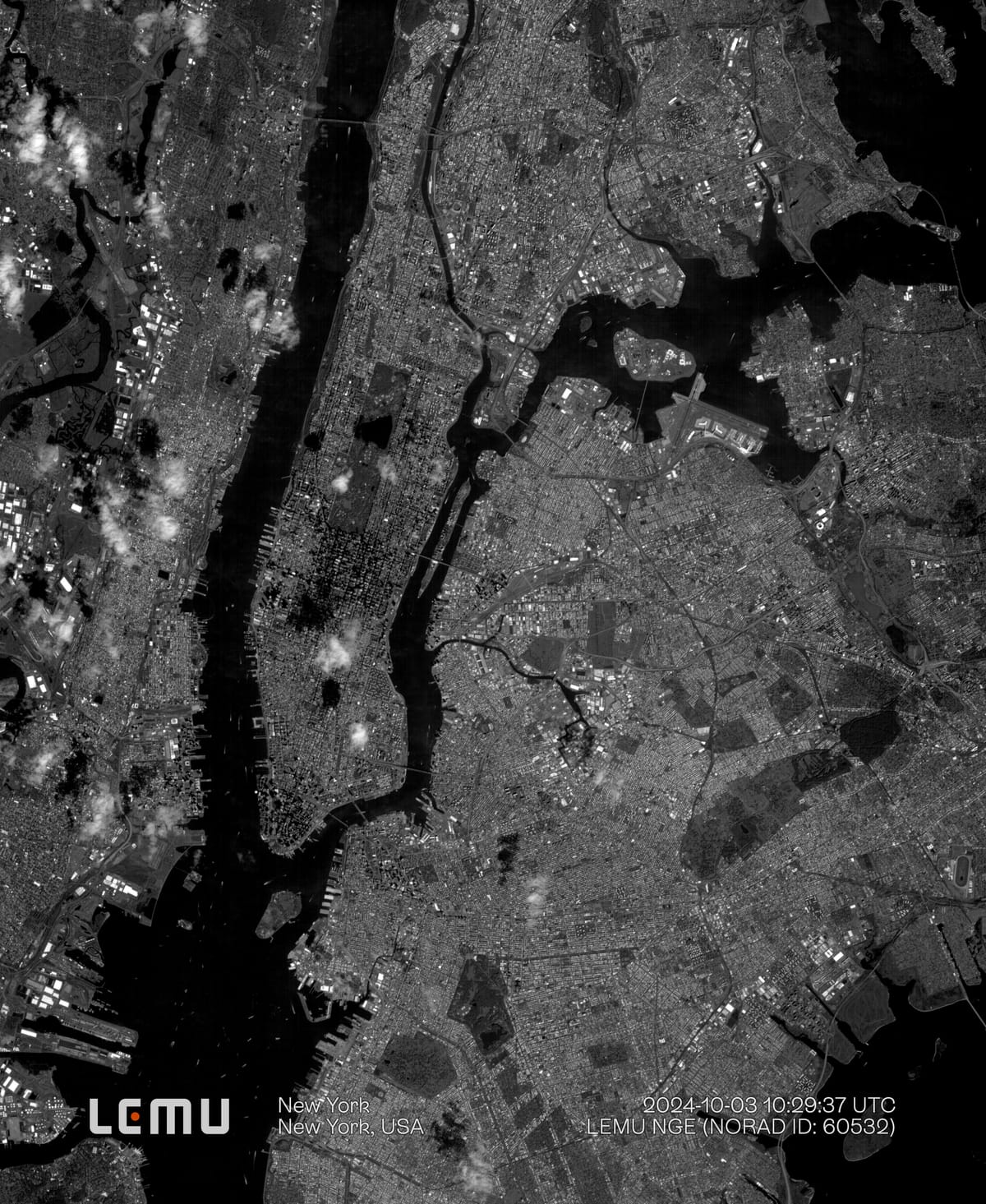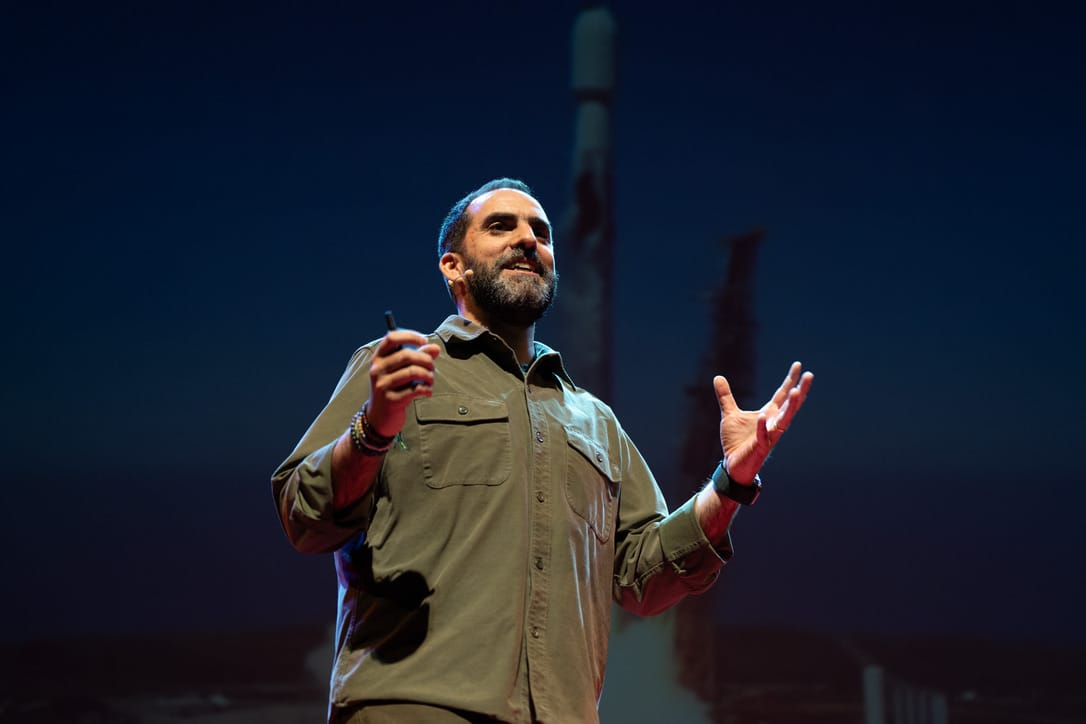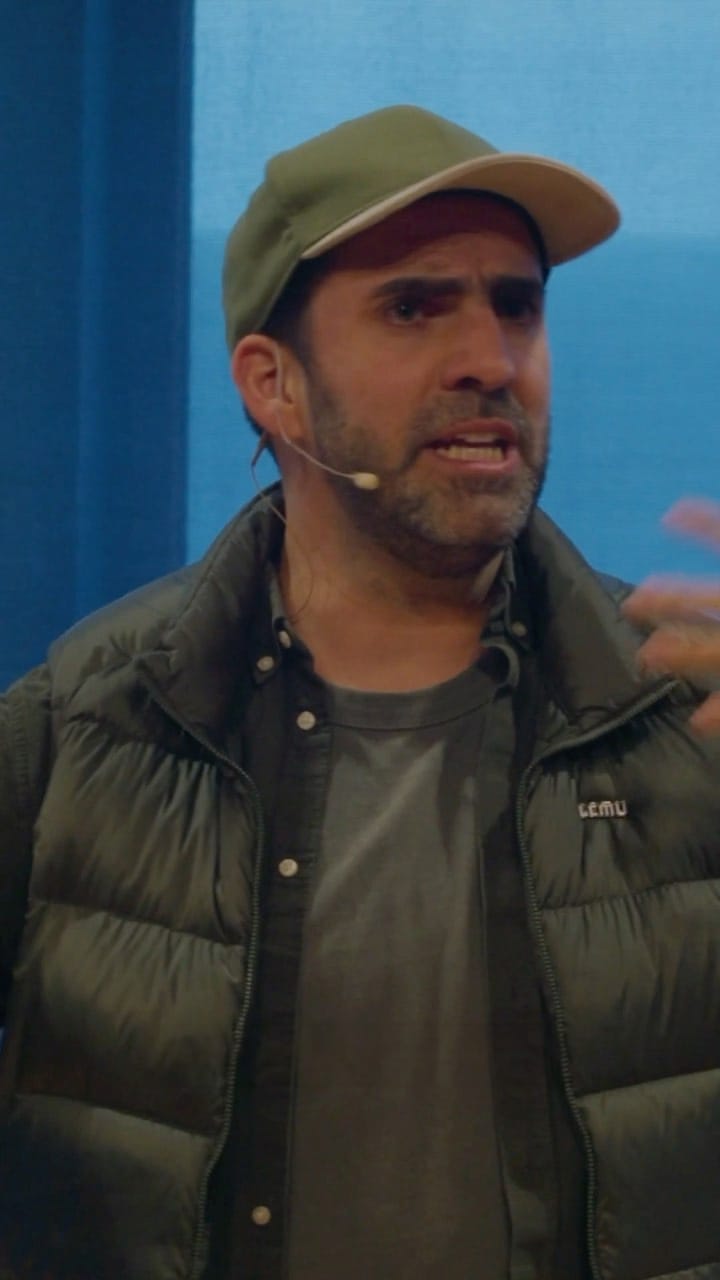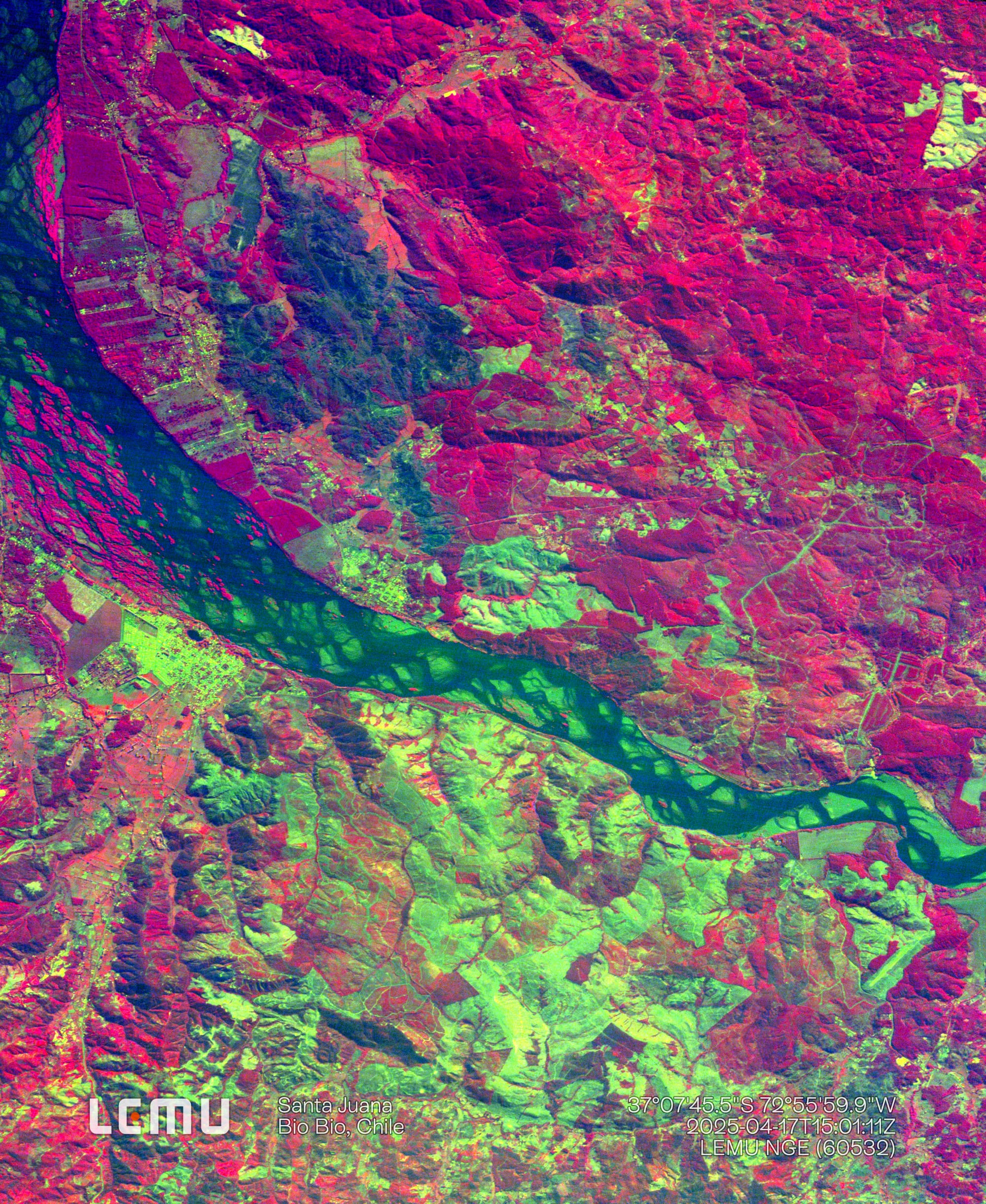Ecology & Economy
First the study of the home, then its management.

“Anyone who thinks that you can have infinite growth in a finite environment is either a madman or an economist.”
— Sir David Attenborough (2020)
First Ecology, Then Economy
Both words share the same root: oikos, the Greek word for “home.” From it came oikonomía — the management of the home — long before anyone used the term ecology.
Aristotle used it to describe how a household, and by extension a city, must balance its resources with wisdom and restraint. Within that idea, the ecological dimension was already implicit: a household that consumes without care eventually collapses.
Centuries later, in 1866, German biologist Ernst Haeckel realized that this relationship between living beings and their environment deserved its own name. He coined oikología — the study of the home — making explicit what had always been there but forgotten.
Together they form the true ecosystem: the fabric where life organizes and sustains itself.
But somewhere along the way, we forgot they were meant to work together. We began treating them as opposites — managing without understanding, and understanding without acting.
Growth Without Balance
Economy became synonymous with growth; ecology, with limit.
Yet in nature, uncontrolled growth is never a sign of health — it’s the prelude to collapse. A forest that grows too fast exhausts its soil. An algal bloom that spreads unchecked suffocates the water that sustains it.
In nature, growth without balance is another form of dying.
Two Forms of Intelligence
Both ecology and economy are forms of intelligence — ways of organizing life. The question isn’t which to prioritize, but how to make them align.
And in this equation, the order does alter the outcome: first ecology, then economy.
First the study of the home, then its management. First understanding, then extraction.
Because when we reverse that order, we end up managing what we no longer understand and destroying what we can no longer manage.
Nature’s Intelligence
Nature has always practiced this balance. Every organism is both efficient and generous — consuming and renewing in cycles that sustain the whole.
That is the true intelligence of nature: a living system that optimizes not for speed or scale, but for continuity.
Over the past few centuries, humanity seems to have forgotten that lesson. Our global economy was built on a linear logic — extract, produce, discard — that collides with the circular principles governing all life.
The result is evident: climate crisis, water crisis, biodiversity collapse, and forced migrations. None of these are isolated.
They all stem from the same cause: we’ve managed the home without understanding it.
Reorienting the Economy
But just as a misguided economy can destroy, a well-oriented one can regenerate.
Human intelligence — our capacity to imagine, cooperate, and build systems — is itself a biological force.
At its core, the economy is the organized expression of that collective intelligence:
our way of coordinating energy, knowledge, and purpose.
If we can align it with life, it becomes the most powerful technology to restore balance.
What Each Reminds the Other
Ecology reminds us what economy forgot: that no value creation is sustainable if it destroys the biological foundation that supports it.
And economy, rightly understood, reminds ecology: that understanding the home is not enough if we can’t manage it with responsibility, scale, and cooperation.
The challenge isn’t to choose between nature or humanity, but to design a system where both can thrive together.
Synonyms of Permanence
An economy that ignores ecology consumes itself. An ecology that ignores economy loses the power to turn understanding into action.
Both must serve life — not the other way around.
Today, many companies already understand this. They integrate environmental dependencies alongside financial results, and measure regeneration with the same rigor as revenue.
Not out of philanthropy, but out of strategy.
Because environmental resilience is also economic resilience.
From Linear to Circular
The challenge is profound.
It means shifting from linear to circular systems; from quarterly reports to generational horizons. It means recognizing that efficiency need not exclude empathy, and that margins can grow with ecosystems, not at their expense.
In the 21st century, profitability and responsibility are not opposites —
they are synonyms of endurance.
The companies of the future will be those that learn from nature, not those that imitate it superficially.
Those that integrate flows of matter and energy into their accounting, and understand that natural capital is not a metaphor — it is the physical foundation of all wealth.
Measuring Centuries, Not Seconds
Economy was born from ecology.
The home must be studied before it’s managed.
When we invert that order, we mistake success for extraction, growth for expansion, and progress for speed.
But nature doesn’t reward speed — it rewards adaptation.
True innovation won’t be the one that accelerates processes, but the one that synchronizes them with the rhythms of the planet.
The one that measures centuries, not seconds. The one that understands ecological stability as the most valuable asset of all.
The Common Compass
Every time a company reduces emissions, restores habitats, or redesigns products to be reused, it isn’t performing corporate responsibility — it’s strengthening its business model.
It’s learning to manage its home. Because our home is one and the same.
And everything we do within our ecosystem — produce, consume, invest, regenerate — should always follow the same compass: what benefits nature, benefits us all.



